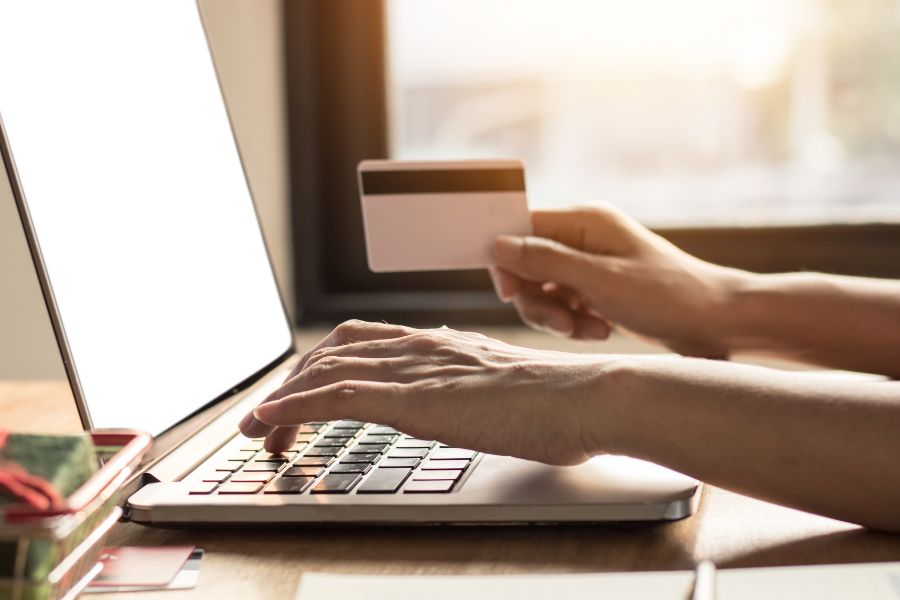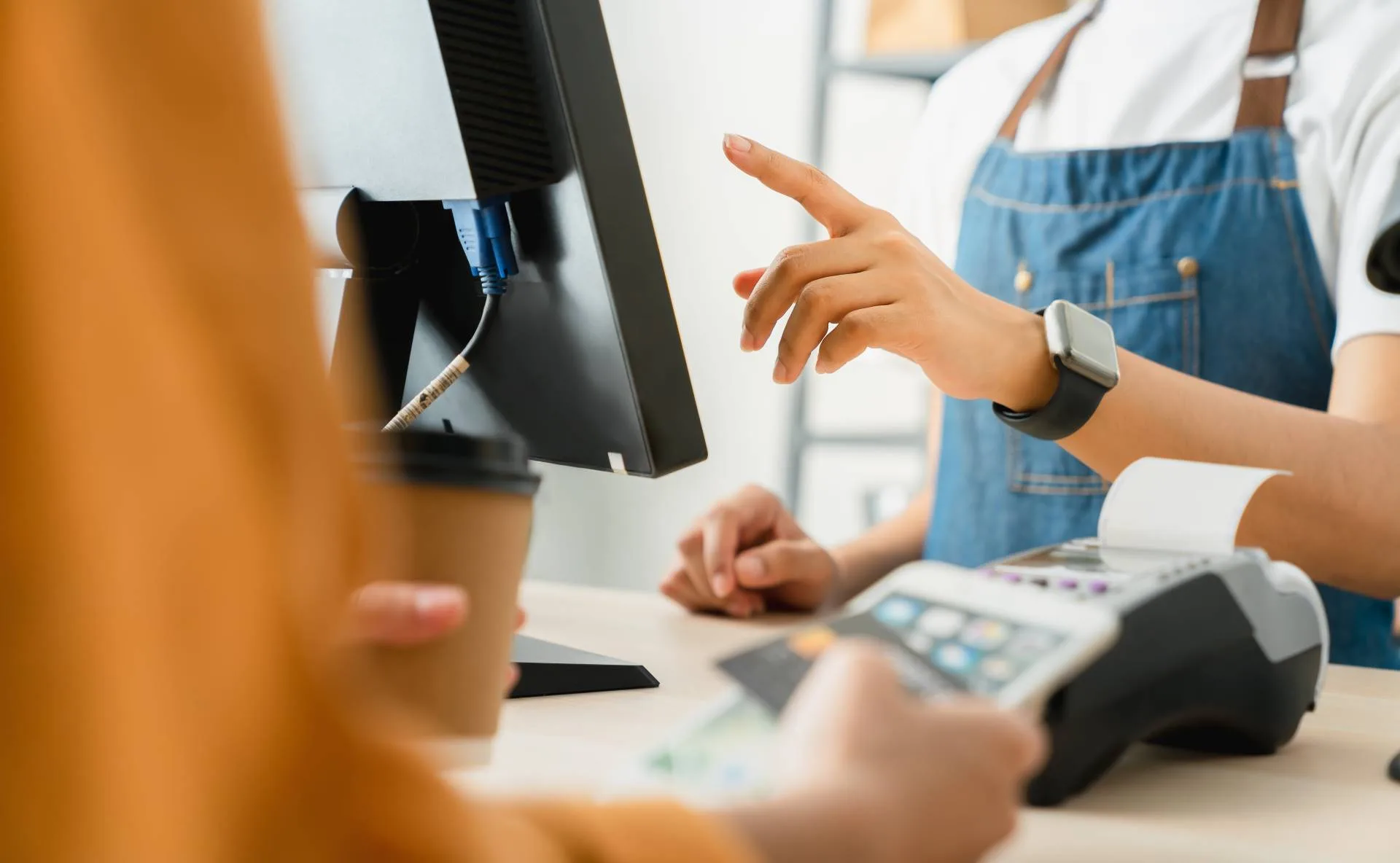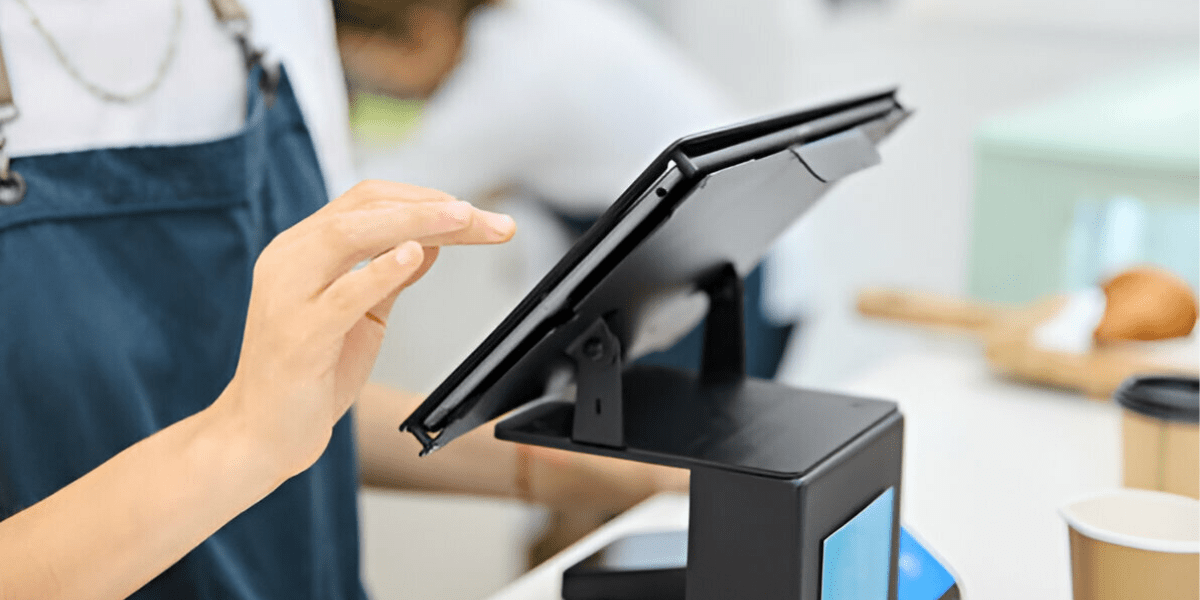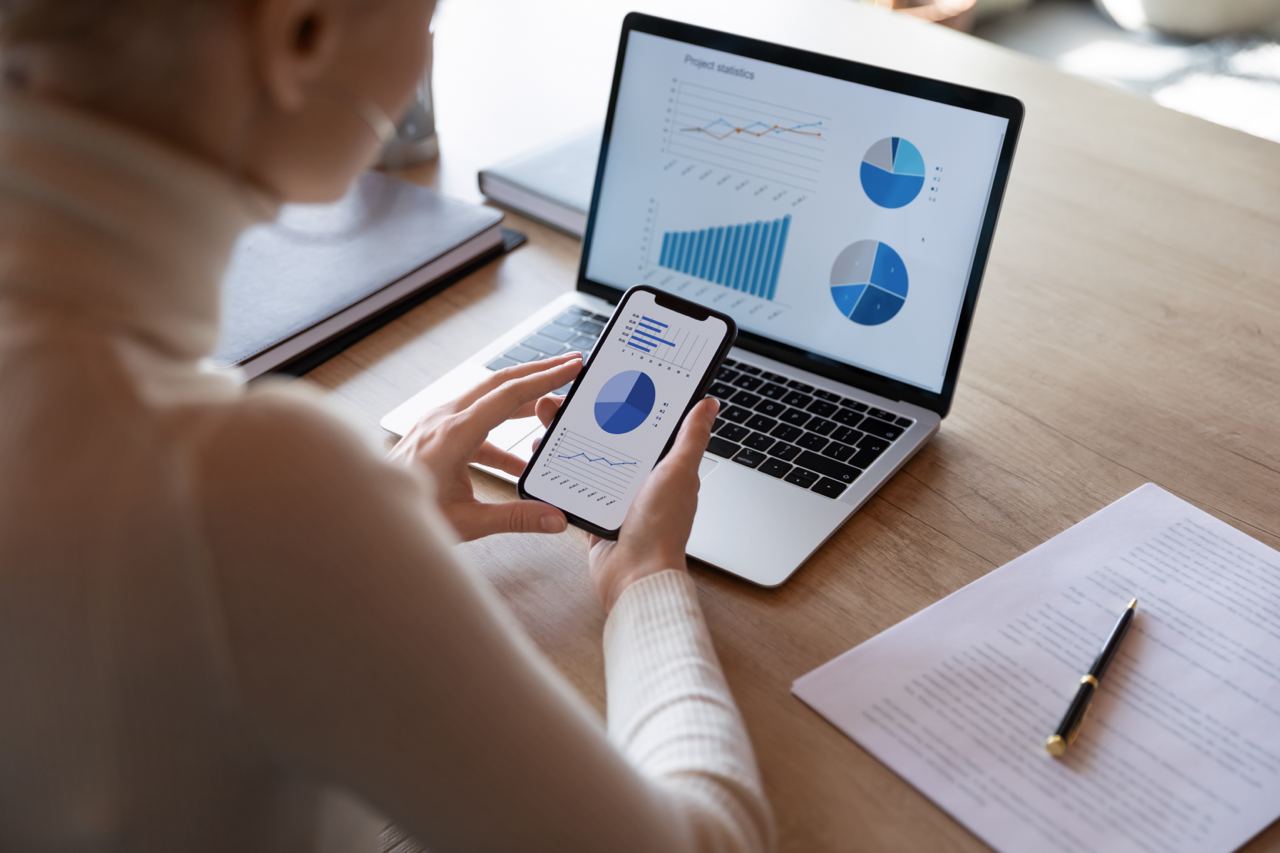Leasing vs. Buying POS Equipment: Pros and Cons
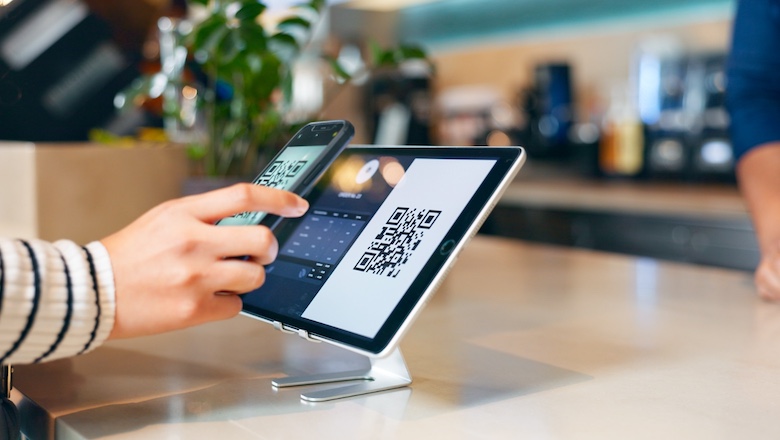
When it comes to setting up a Point of Sale (POS) system for your café or restaurant, one of the most important decisions you’ll face is whether to lease or buy the POS equipment. This includes hardware like touchscreen terminals, receipt printers, barcode scanners, and card readers. Each option has its own benefits and drawbacks depending on your business size, budget, and growth plans.
In this blog post, we’ll break down the pros and cons of leasing vs. buying POS equipment so you can make the best choice for your business.
Leasing POS Equipment: Pros and Cons
Pros of Leasing
- Lower Upfront Costs
Leasing allows you to get up and running without a large capital investment. Instead of paying thousands upfront, you can spread the cost over time with fixed monthly payments. This is ideal for small businesses or startups with limited cash flow. - Access to the Latest Technology
Leasing agreements often allow for upgrades during or at the end of the lease period. This ensures you’re always using up-to-date equipment, which is especially valuable in a fast-evolving tech landscape. - Predictable Budgeting
Fixed monthly lease payments make it easier to budget your expenses. There are usually no surprise repair or replacement costs, as those are often covered by the leasing company. - Maintenance and Support Included
Many leasing contracts include technical support, hardware maintenance, and replacements, reducing your operational headaches.
Cons of Leasing
- Higher Long-Term Cost
Over time, leasing can be more expensive than buying outright. You’re paying for convenience and support—but these costs add up, especially with long-term contracts. - Contracts Can Be Restrictive
Leasing agreements are typically locked in for 12 to 60 months. Ending a lease early can lead to penalties or fees, which may hurt your finances if your business pivots or closes. - Limited Ownership
At the end of your lease, you don’t own the equipment unless there’s a buyout clause. That means you’re left with nothing to sell or reuse unless you pay extra.
Buying POS Equipment: Pros and Cons
Pros of Buying
- Full Ownership
Once you buy your POS equipment, it’s yours. You can customize, resell, or reuse it however you wish, without being tied to a lease contract. - Lower Long-Term Cost
Though buying requires a bigger upfront investment, it often saves money in the long run. There’s no interest or monthly payment to account for once the purchase is made. - Tax Benefits
Depending on your region and tax laws, you may be able to deduct equipment purchases as a business expense or depreciate the value over time. - No Contracts or Restrictions
Buying gives you the flexibility to switch systems or upgrade whenever you want—on your terms.
Cons of Buying
- Higher Initial Investment
The upfront cost of buying a full POS setup can be steep. This may be a barrier for smaller businesses or those just starting out. - Risk of Obsolescence
Technology changes quickly. What’s cutting-edge today might be outdated in a few years. When you own the equipment, you’re responsible for upgrading and replacing it yourself. - Maintenance Responsibility
If something breaks, you’re responsible for repairs or replacements. Warranties may help, but the burden still falls on you.
Which One Is Right for Your Business?
- Choose leasing if you’re just starting out, have limited capital, or want the peace of mind that comes with support and upgrades included.
- Choose buying if you have the funds available, plan to use the equipment long-term, and want to avoid ongoing payments.
For many cafés and restaurants, the decision depends on their financial situation, technical expertise, and business goals. In some cases, a hybrid model works—buying core components while leasing accessories or software subscriptions.
Final Thoughts
Whether you lease or buy your POS equipment, the key is to invest in a system that meets your operational needs and supports your business growth. Do your research, compare vendors, and consider total cost of ownership—not just the price tag. A smart POS investment can streamline your service, boost profits, and enhance the customer experience.


